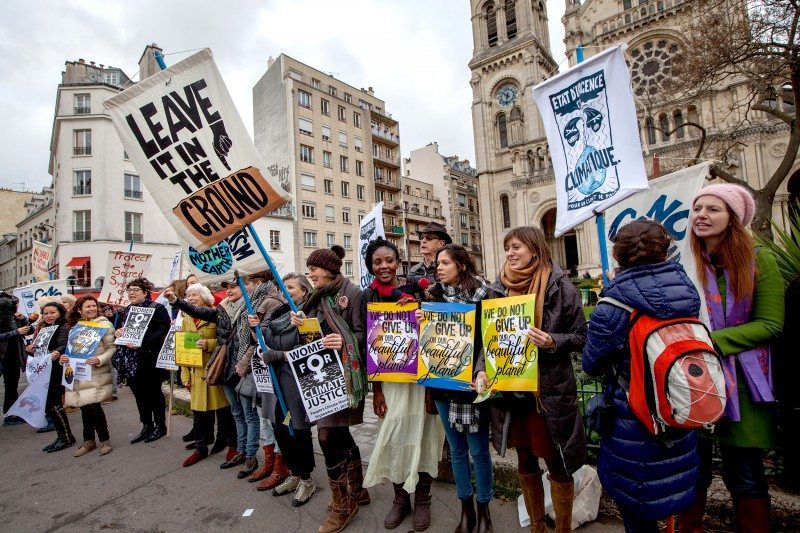Remember when we told you that the movement to keep fossil fuels in the ground was gaining momentum? We weren’t making that up.
In addition to much-discussed victories in the past four months — Shell’s departure from the Arctic, President Obama’s rejection of the Keystone XL pipeline and the investigation into Exxon’s history of climate denial, to name a few — activists just earned another win over the fossil fuel industry.
Earlier this week, the U.S. Bureau of Land Management (BLM) announced a last-minute delay to a fossil fuel lease sale scheduled for this Thursday in Washington D.C., pushing it back to March 2016. Here’s why that matters.
From Moment to Movement
On its own, the lease sale planned for this week may seem like a small moment. Indeed, only about 600 acres were going to be auctioned off.
But adding up all of the land our federal government is poised to sell to fossil fuel interests quickly tells a vastly different story.
Already, the Obama administration has put more than 30 million of acres of public land and water on the auction block for the fossil fuel industry. If the president ended the policy of selling oil gas and coal to the fossil fuel industry today, we would keep would keep 90 percent of these fossil fuels in the ground — and 450 billion tons of carbon dioxide out of the atmosphere.
And this isn’t the first time grassroots opposition has stopped the sale of our public lands for fossil fuel exploitation. Last month, BLM cited a “high level of public interest” in its decision to postpone the auction of 73,000 acres in Utah. Burning the oil and gas deposits on those lands would lead to the release of 1.6 to 6.6 million tons of carbon dioxide into the atmosphere.
Why President Obama would open the door for fossil fuel extraction at home while calling for a climate agreement that “gives the world confidence in a low-carbon future” in Paris at the same time doesn’t make sense in the first place. But similarly to the course of events that forced Shell out of the Arctic and prompted the president to close the U.S. Arctic to drilling for the next two years, the grassroots movement can push him in the right direction.
President Obama can still make the right decision and stop the exploitation of our public lands — if we keep the pressure on. He can stop fossil fuel leasing on public lands with the stroke of his pen, a move that would prevent more than 450 billion tons of carbon pollution from entering the atmosphere.
What’s happened in D.C. and in Utah this past month mirrors what we can expect the next year of climate activism to look like. There will be more of these lease sales, each of them with the potential to turn our land and waters over to fossil fuel interests. And as before, each of them will run completely counter to President Obama’s climate ambitions and the clean energy future we need.
And every step of the way, the grassroots movement to keep fossil fuels in the ground will be there, applying the pressure and reminding President Obama that climate leadership means keeping these fossil fuels in the ground.



